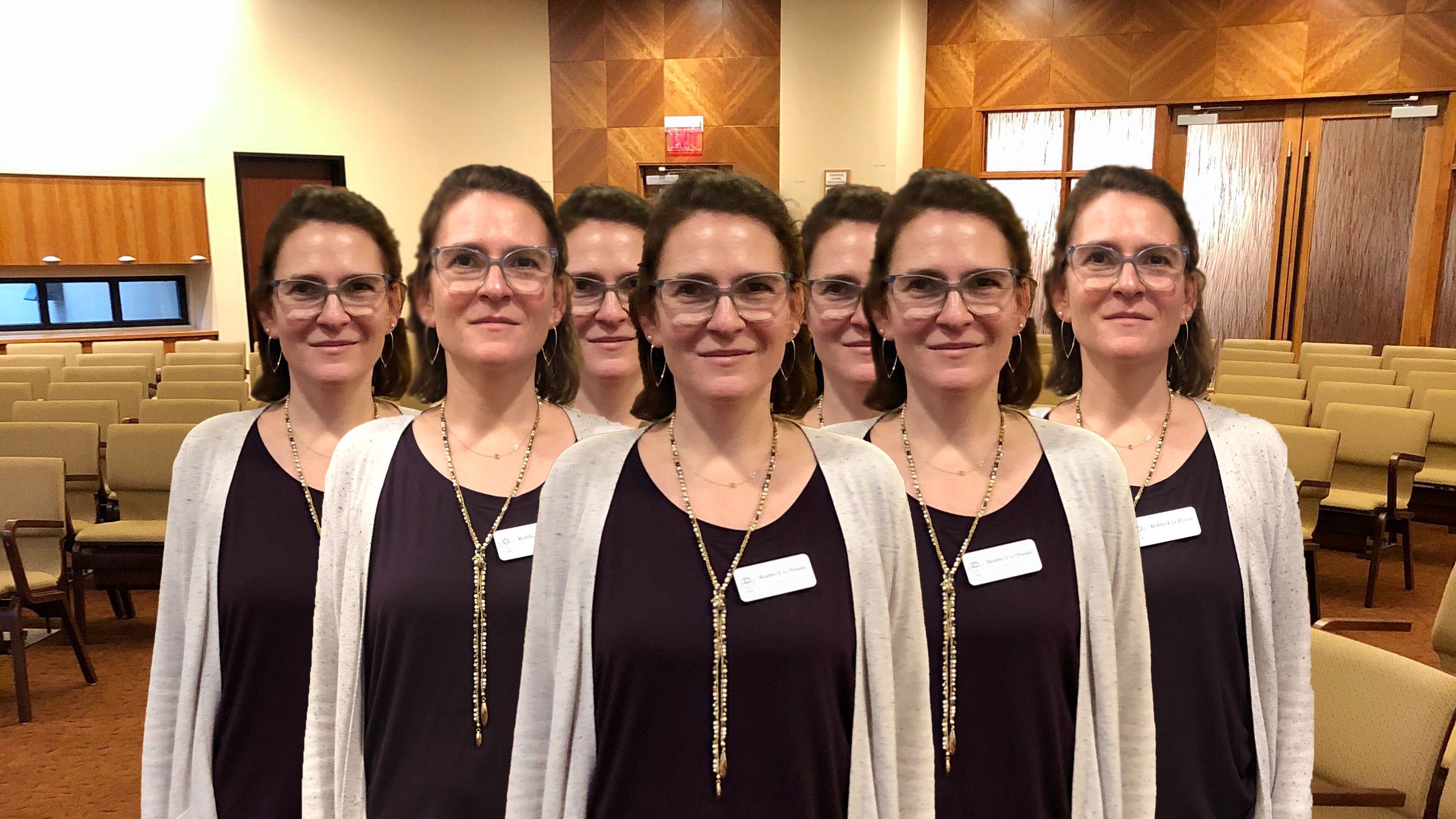One of the things I often hear when I meet with congregants is the fear that the way they believe in God is the “wrong” way. They feel that their belief in God doesn’t mirror or match that of their parents, friends, children, or the Jewish population in general, so it must be incorrect or uninformed. The conversation often follows the same formula: “Here’s the God I don’t believe in” or “Here’s the God my parents or friends believe in, and it doesn’t fit me.” I usually ask them to describe the God they do believe in, and that question is often met with silence. Then I then remind the person sitting in my office that the relationship with God is an individual one. Yes, there are laws and boundaries that religion puts up, but our relationship with God is primarily our own; it’s dependent on nothing other than our own sense of belief in something greater. I wonder, what is there to be gained by comparing our belief in God with another’s?

Parshat Beshalach, which we read this Shabbat, is perhaps more associated with water than any other parshah because it contains the crossing of Yam Suph, the Sea of Reeds, commonly referred to as the Red Sea. After the children of Israel leave Egypt, they journey with Moses through the wilderness until they reach the bank of the sea, stranded between the body of water and their pursuers, the Egyptians. After the Israelites safely cross to dry land, the water, which parted to save their lives, closes in on the Egyptians.
As the Israelites are crossing the sea, they sing a song, which contains the lyrics, “The Lord is my strength and might; He is become my deliverance. This is my God and I will enshrine Him; The God of my father, and I will exalt Him.” It has always struck me as an odd line – that we exalt and honor God because our ancestors did, not because of our own experience with God. We know that’s the origin of faith for most people: our parents teach us their faith, and we develop a connection to it and then grow in our faith as we explore it as adults. Nevertheless, to praise God for only someone else’s experience feels out of place to me.
Instead, I think the Song of the Sea is a call to all of us to find that moment when we can sing out in God’s glory and have our own discovery of God in our own lives. Obviously we’re not all going to literally have a sea split and walk through it, but each and every one of us is likely to experience some moment of awe in our lives if we pay attention long enough. Each one of us is capable of having a Sinai moment.
Parshat Beshalach is the yearly reminder to open our eyes and understand our faith in God as individuals, not as one prescribed template. It’s a chance to remember that while our ancestors experienced this great big miracle and God moment, we can be just as receptive to wondrous experiences if we open our eyes to the possibility.
– Rabbi Eve Posen



